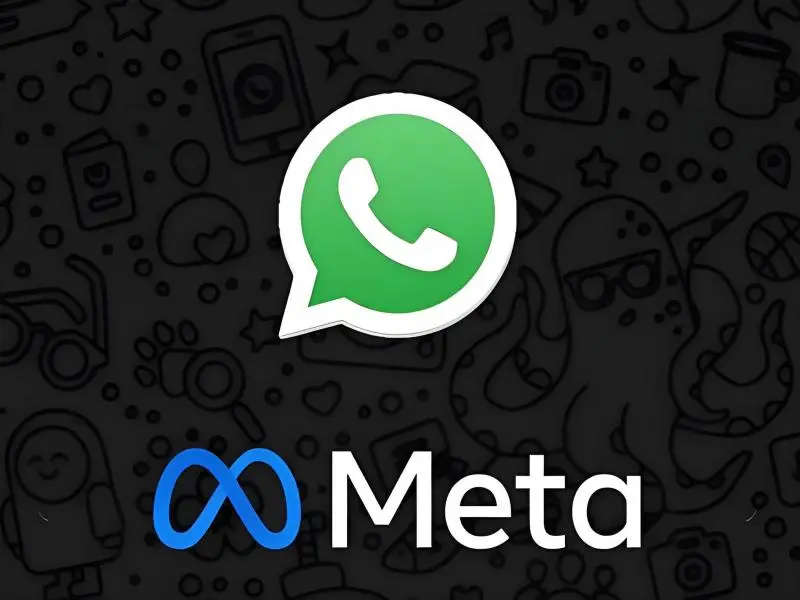- Meta has unveiled plans to integrate third-party chat services into WhatsApp and Messenger for users in the European Union.
- With new features on the horizon, users can look forward to a more seamless and versatile communication platform in the near future.
OUR TAKE
WhatsApp’s upcoming integration with third-party apps marks a significant shift in the messaging landscape, promising a more unified and feature-rich communication experience for users in the EU. As Meta navigates the requirements of the Digital Markets Act, the potential for a more interconnected and user-friendly messaging ecosystem is on the horizon.
–Rebecca Xu, BTW reporter
What happened
Meta, the tech giant behind WhatsApp and Messenger, has announced a significant shift in its messaging services for users within the European Union (EU). In compliance with the EU’s Digital Markets Act, which targets ‘digital gatekeepers’ to promote interoperability, Meta is set to integrate third-party chat services into its platforms. This move will allow users to receive messages from apps like iMessage, Telegram, Google Messages, and Signal within the same inbox as WhatsApp and Messenger, or maintain them separately, offering greater flexibility and choice.
As part of this integration, Meta is enhancing its messaging platforms with new notifications that will alert users when they can link chats from newly supported apps. This update is designed to provide a more seamless and interactive communication experience, with features such as reactions, direct replies, typing indicators, and read receipts. The company has emphasised its commitment to going beyond basic interoperability requirements to offer a rich messaging experience that aligns with user expectations and the evolving digital landscape.
Also read: Meta, Universal Music Group expand partnership to combat unauthorised AI content
Also read: Trigent unveils AI starter kit to hasten business AI integration
Why it’s important
The integration of third-party chat services into WhatsApp and Messenger is a pivotal step towards a more interconnected and user-centric messaging ecosystem. It’s important because it empowers users with greater control over their communication platforms, allowing them to engage with friends, family, and colleagues across different services without the need to switch between multiple apps. This not only enhances convenience but also fosters a more inclusive communication environment that can bridge the gap between different messaging communities.
Moreover, this initiative is crucial for promoting competition and innovation in the messaging industry. By enabling interoperability, Meta is opening the door for smaller messaging platforms to reach a wider audience, potentially leading to new features and services that can challenge the status quo. This competitive landscape can drive improvements in user experience, data privacy, and security, as messaging platforms strive to offer unique and compelling services to users. The move also aligns with the broader trend towards open standards and decentralised communication, which can reduce the digital divide and provide users with more options in how they connect and communicate.

